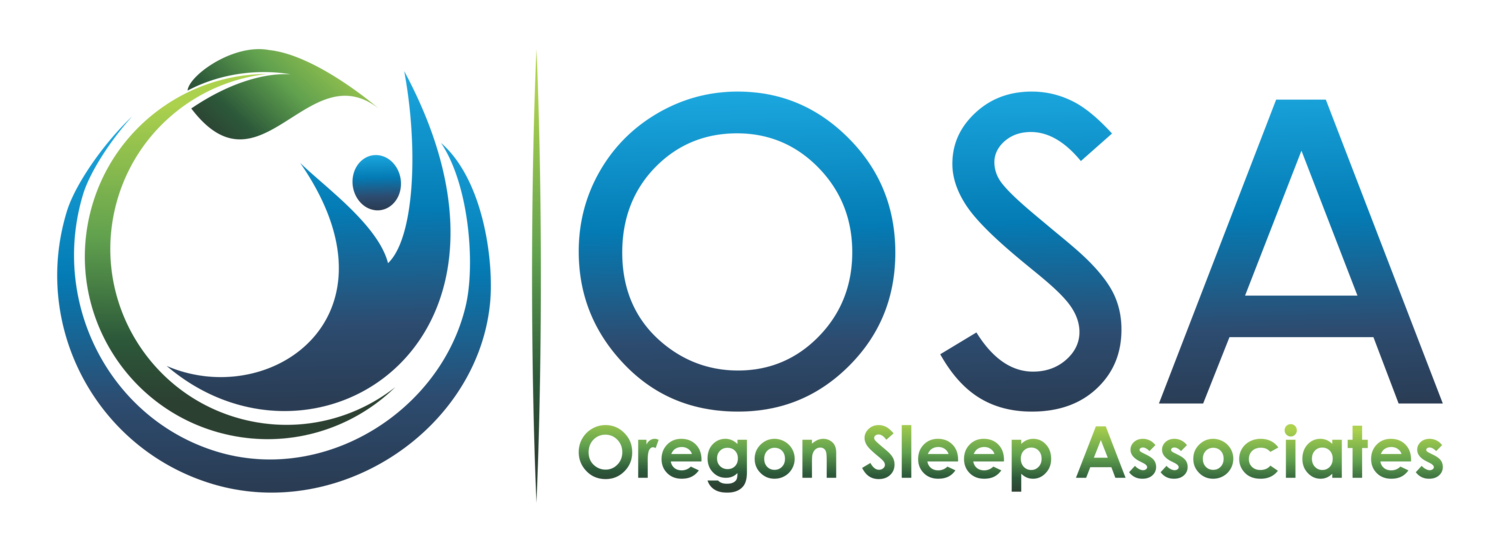NARCOLEPSY
People with narcolepsy typically have five key symptoms: excessive daytime sleepiness, cataplexy, sleep paralysis, hallucinations upon falling asleep or waking up, and poor quality sleep. Except for cataplexy, all of these problems can occur in other sleep disorders, like sleep apnea.
Cataplexy is unique to narcolepsy. It is a sudden, unexplained weakness or paralysis triggered by laughter or strong emotions. There is no loss of consciousness, and these events usually last for several seconds up to a couple of minutes.
Who Gets Narcolepsy?
Narcolepsy with cataplexy occurs in approximately 1 in 3,000 people in the general population. It affects males and females equally. Narcolepsy usually occurs sporadically, but it can also be inherited. In 1998, it was discovered that people who have narcolepsy with cataplexy are deficient in a neurotransmitter called hypocretin. Also known as orexin, hypocretin is responsible for regulating wakefulness and a sleep stage called REM (rapid eye movement).
How Is Narcolepsy Treated?
Narcolepsy is usually treated with a combination of lifestyle modification and medications. It is important to realize that even with optimal treatment, most people with narcolepsy continue to have a degree of daytime sleepiness.
Behavioral modifications involve taking strategic short naps during the day and using proper sleep hygiene at night. Choosing the best employment is also important. People with narcolepsy generally do better with jobs that are mentally and physically stimulating rather than sedentary in nature. Employers should be notified that people with narcolepsy may need to take short naps during the course of a workday.
There are two types of medication for narcolepsy: those for daytime sleepiness and those for cataplexy. Medications that help with daytime sleepiness include stimulants, or wake-promoting agents like Provigil™.
Antidepressants such as Prozac™ and Effexor™, are medications that can help with cataplexy.
A medication called Xyrem™ helps with both daytime sleepiness and cataplexy.
If you think you have narcolepsy or are excessively tired during the day, click the schedule now button to speak with our sleep specialists.

